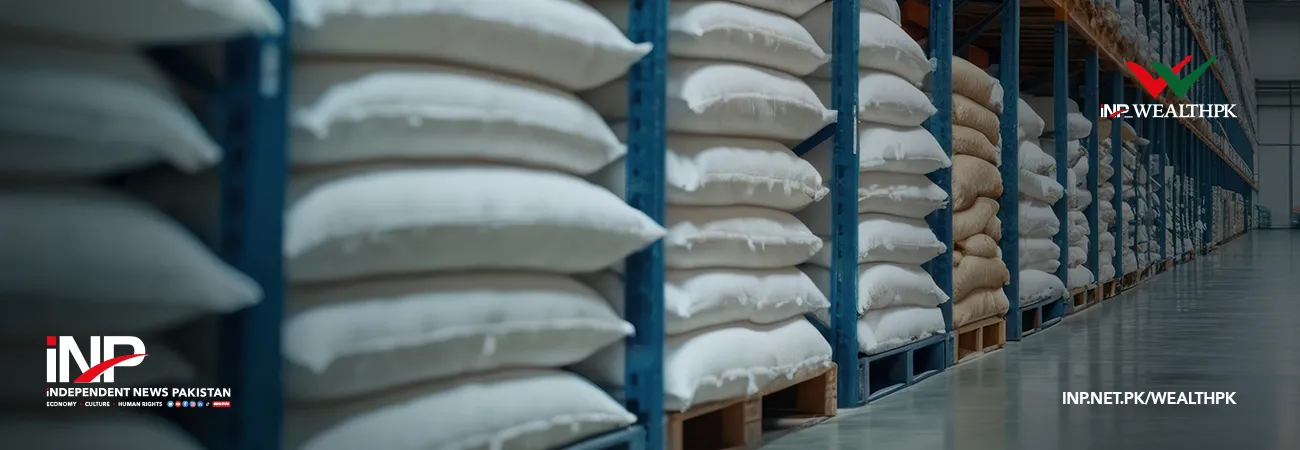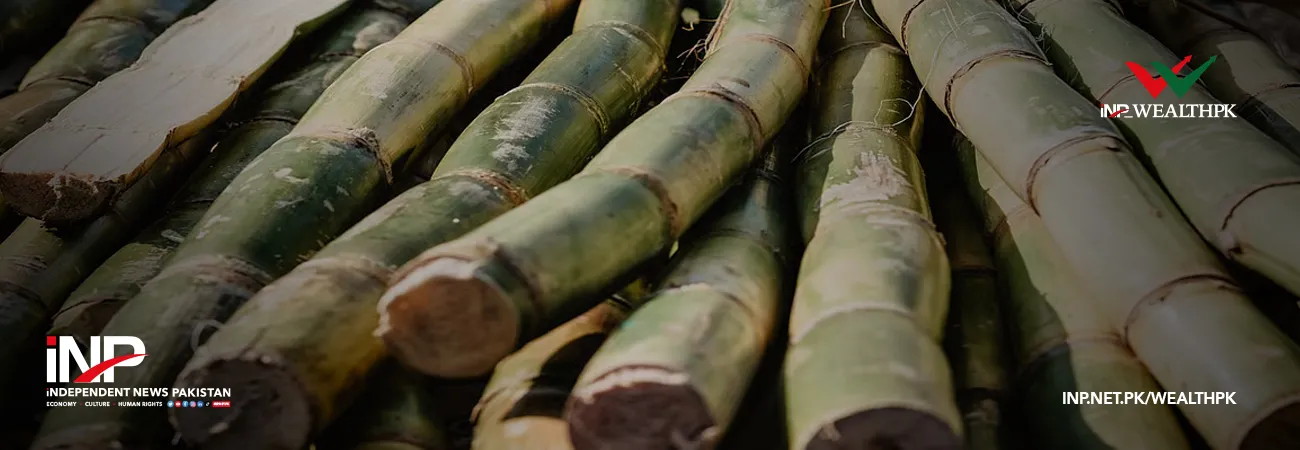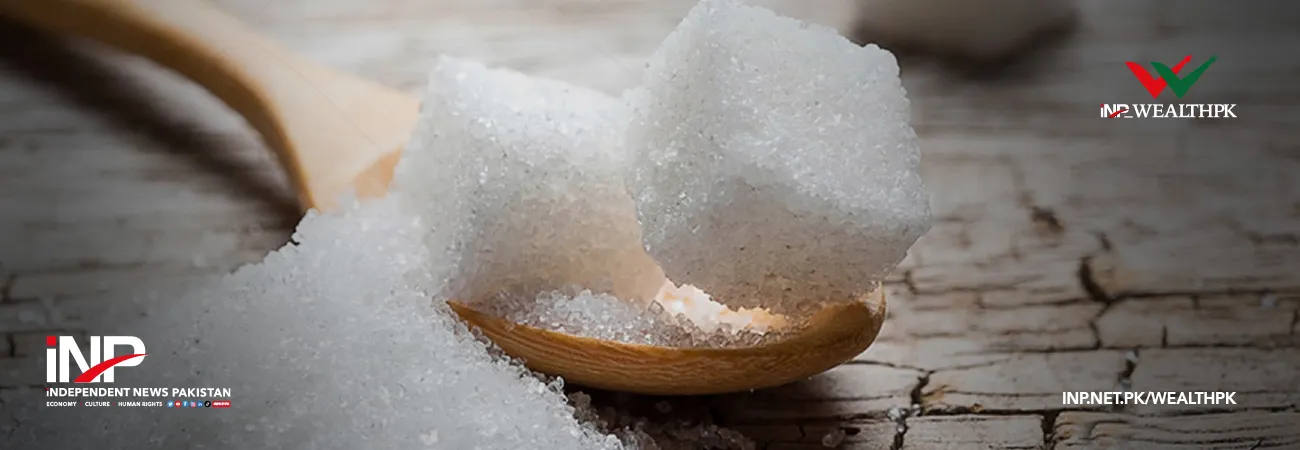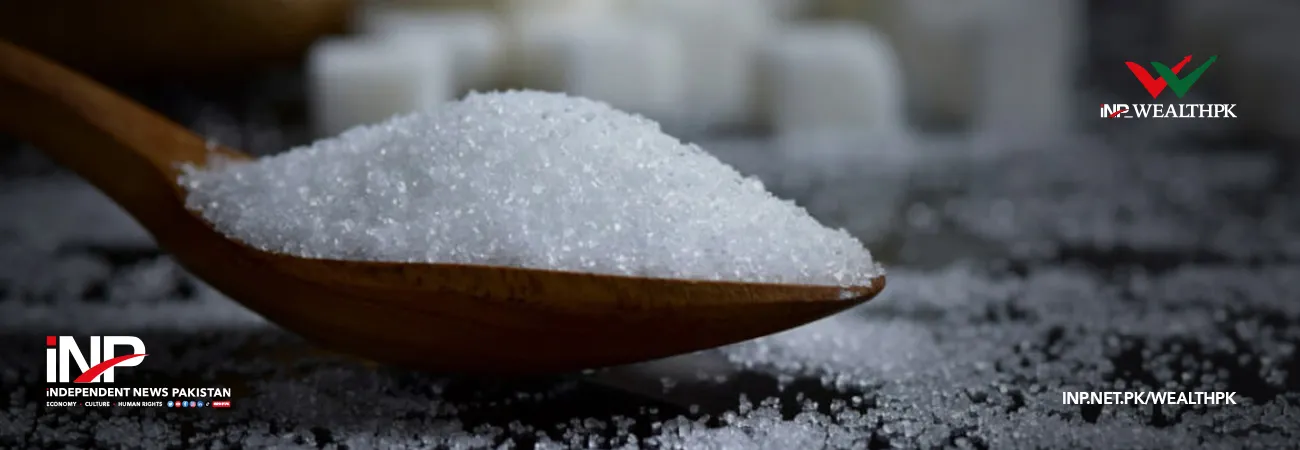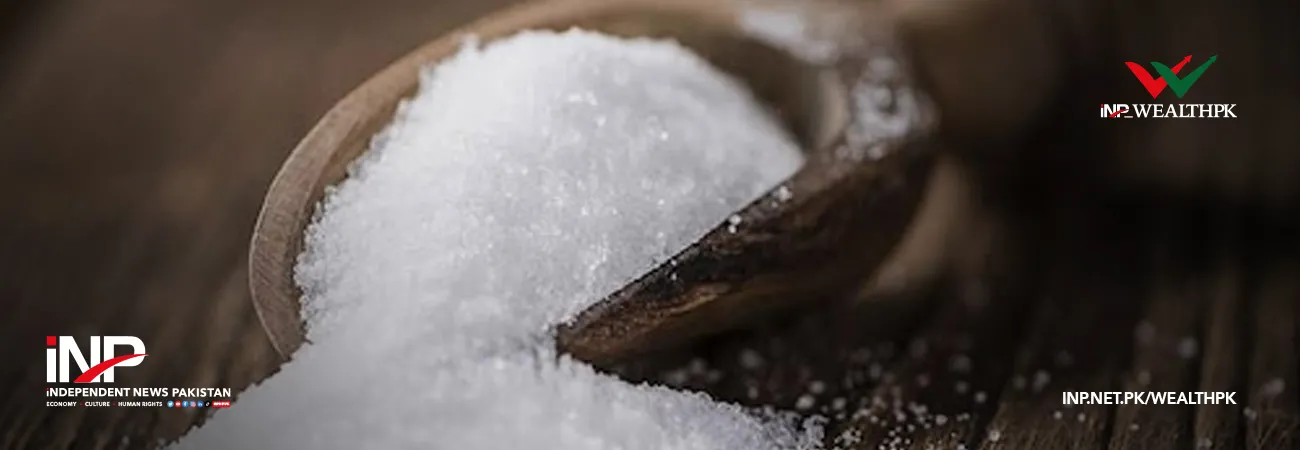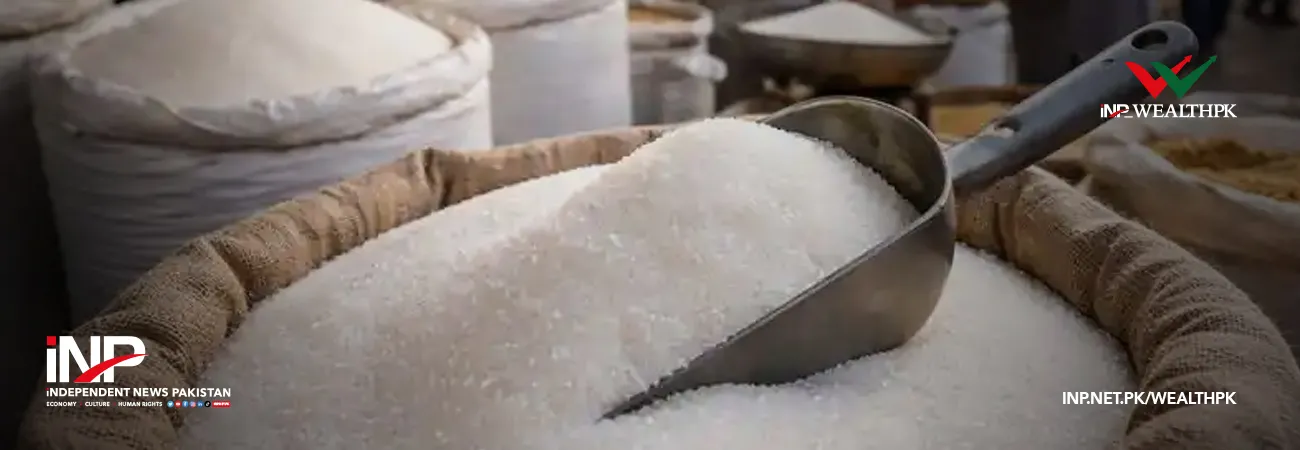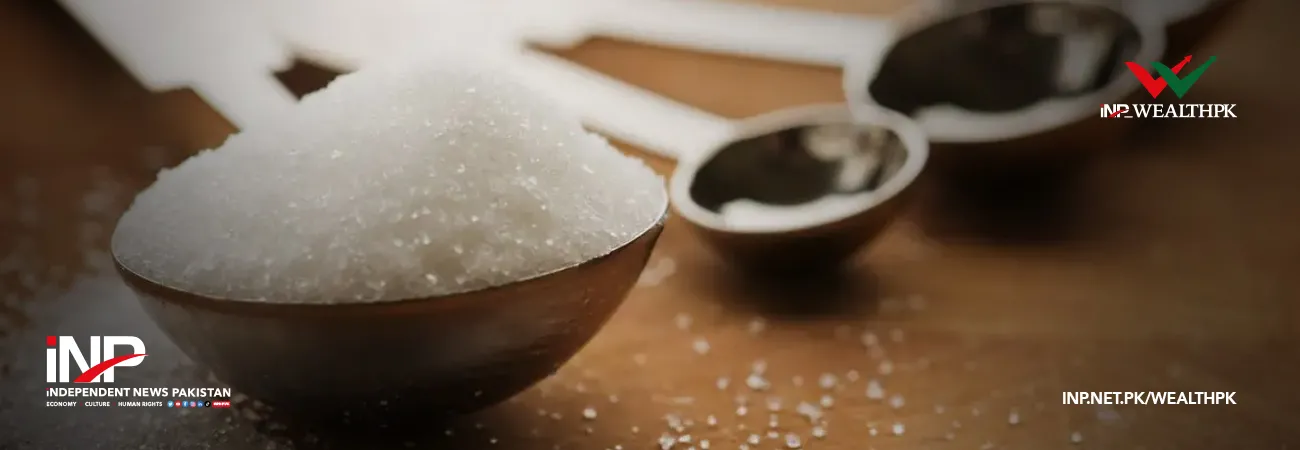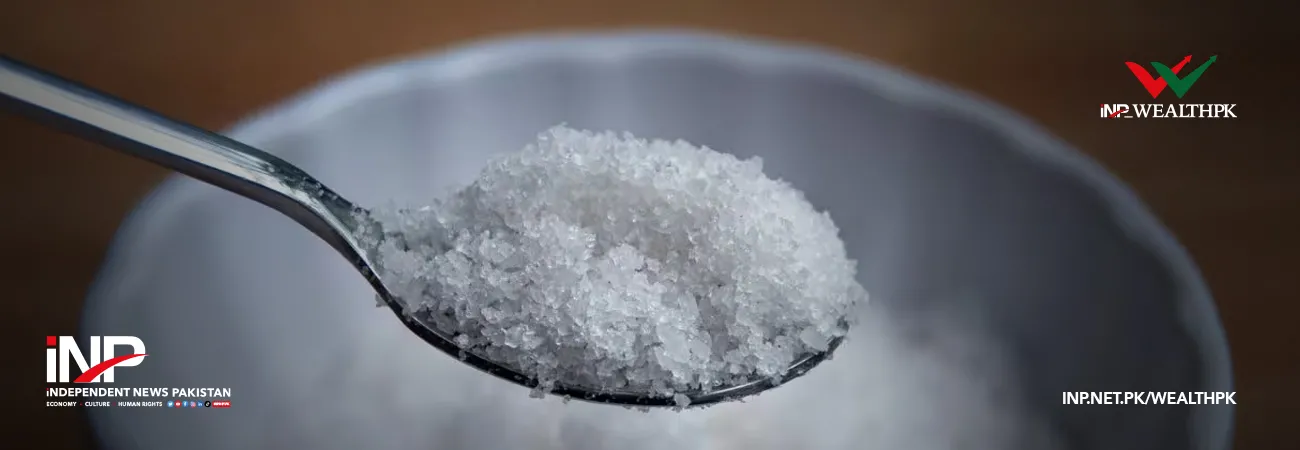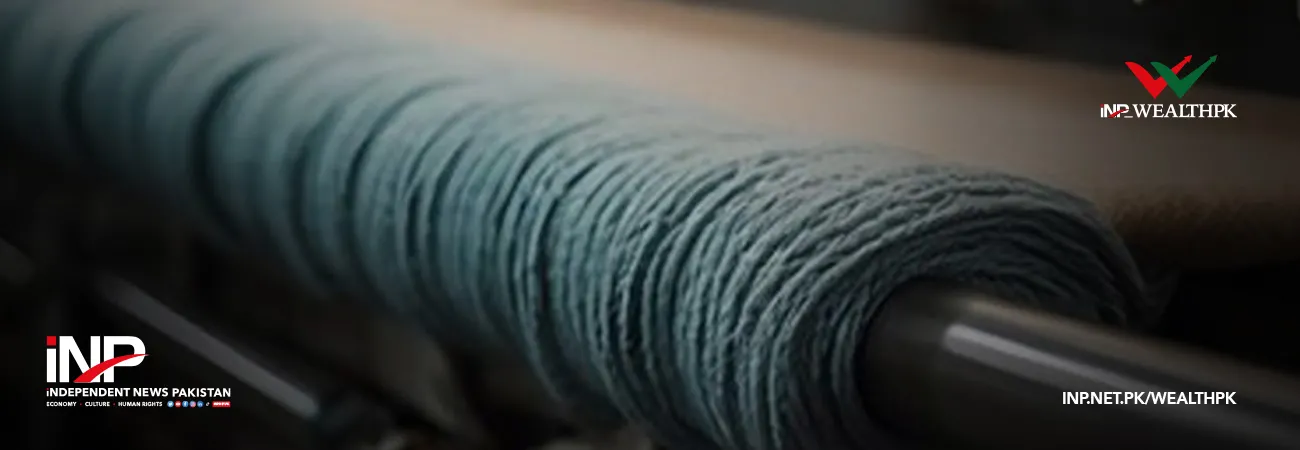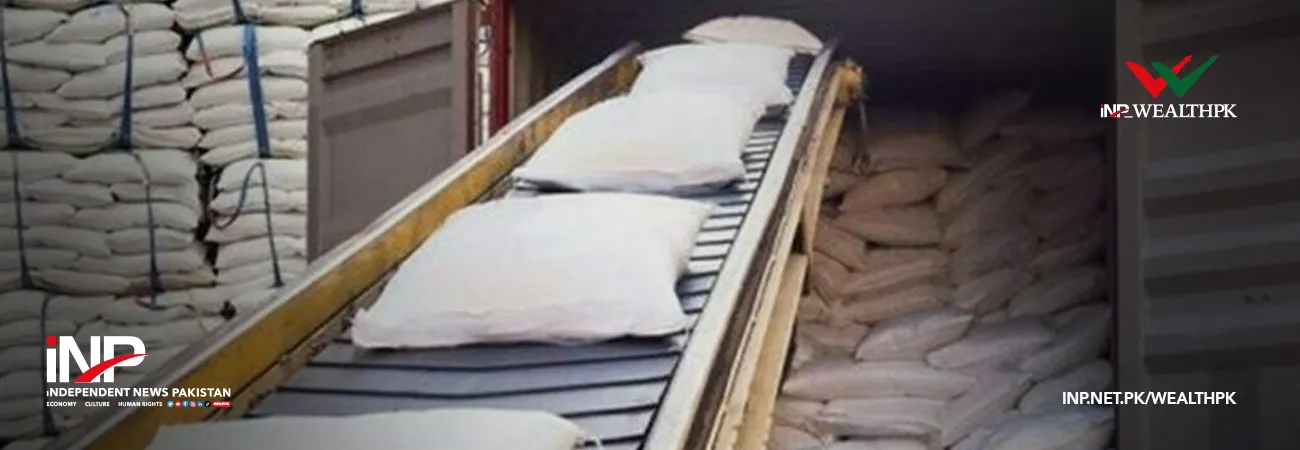INP-WealthPk
BEIJING, Nov. 24 (INP): Beijing mode may boost organic peach growing in Pakistan, says a report published by China Economic Net (CEN) on Wednesday.
The report says, peaches are known as the "Queen" of fruits in Pakistan. It is a remarkable fruit, having a delicious taste and a good looking color. Pakistan’s peach season usually starts in May and continues till the first week of September.
According to a report by the Crop Reporting Service of Khyber Pakhtunkhwa, a total of 6,330 hectares are dedicated to growing the fruit in the province. Swat produced 5,280 tonnes of peaches in 2018-2019, whereas Peshawar produced 1,066 tonnes.
Nasir Khan, an orchard owner from Swat told China Economic Net that peach is becoming the main source of income for the farmers of Swat. “If we have advanced cultivating and processing technology, we can add value to our peaches and export to other countries,” he said.
In Beijing’s Pinggu district, this common fruit has become a business opportunity for local peach growers. In 2017, Pinggu government launched an "Ecological Bridge" project, which is a sustainable ecological cycle model of "resources-agricultural products-waste-renewable resources".
According to Gao Chengda, a professor of Urban and Rural Development College at Beijing University of Agriculture, rapid development of peach industry has affected the ecological environment in Pinggu.
The orchard produces a large number of discarded branches, fallen fruit and leaves every year.
“The ‘Ecological Bridge’ project focuses on the resource utilization of agricultural waste such as fruit tree branches, livestock and poultry waste, and fallen leaves.
We encourage farmers to collect agricultural wastes and animal wastes, and use technical means to make high-quality organic fertilizers. Then we will return them to the fields orderly to realize the resource re-utilization,” Gao said.
Nowadays, with people’s growing awareness of the health damage caused by excessive use of pesticides and fertilizers, they prefer to buy organically grown agricultural products, especially vegetables and fruits.
“Now, peach growers under the ‘Ecological Bridge’ project have turned to organic farming,” Gao told CEN.
The project realized a green journey of waste from the land to the land, it can provide a great amount of organic fertilizer for agriculture, and then reach a virtuous cycle of "waste-fertilizer-peach" and provide new possibilities for fruit growers to reduce costs and increase income.
"When I started planting peaches in the 1990s, they sold for a few RMB per kilo. Advanced methods and strict planting standards have raised quality. Now they sell for much more, which also brings in more profit," said a peach grower in Pinggu.
In Pakistan, especially in KPK and Northern areas, the environment is quite favorable for peach production. “If their cultivation and processing technology get improved, they can tap into the international market, such as Gulf countries,” Gao said.
INP/javed




